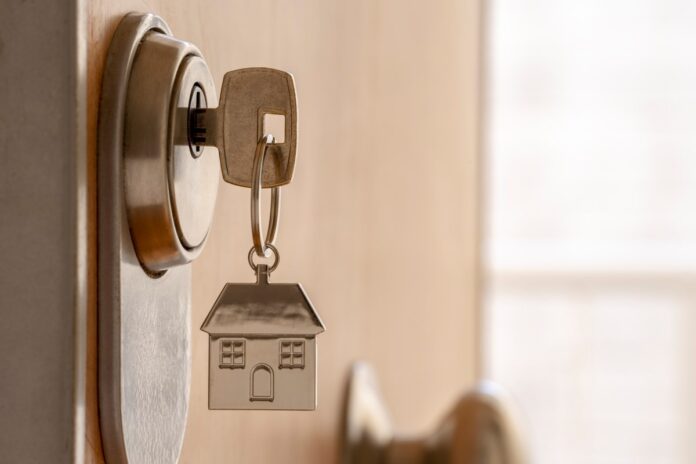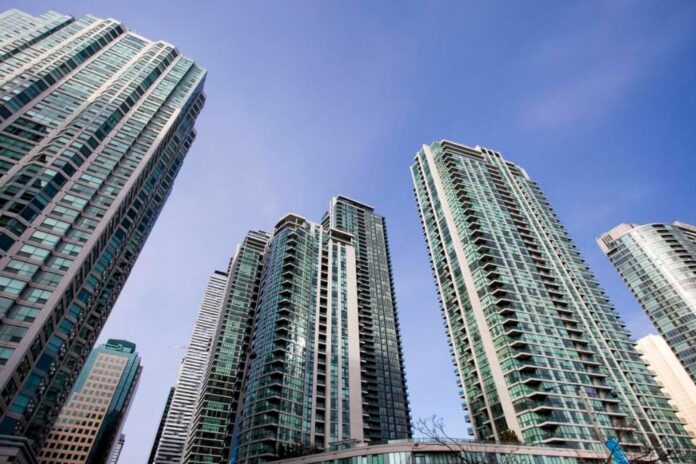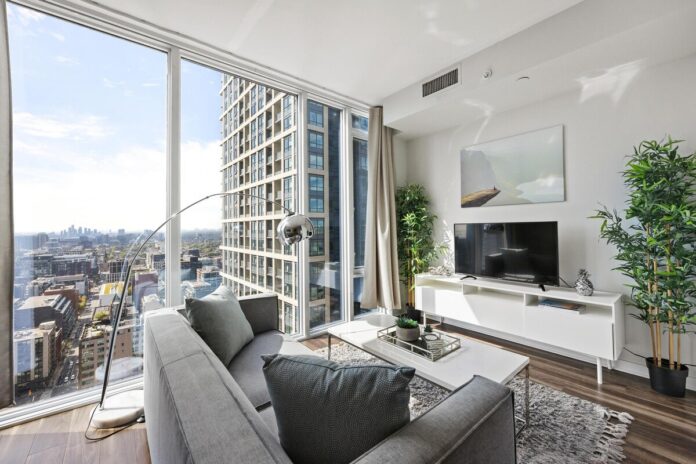Toronto has one of the most thriving short-term vacation rental markets in Canada. The city is extremely popular among internal and international visitors alike, and even though the Airbnb market is heavily competitive, it is not oversaturated yet.
The opportunities for aspiring investors are still there, and the city offers all the infrastructure required for launching a successful enterprise.
To have a head start and to offer top-quality service starting on day one, it is even possible to use the services of professional Airbnb management companies like https://masterhost.ca/airbnb-management-toronto/.
In any case, it is important to have an understanding of the market before launching a business in Toronto.
This article will cover the main aspects of managing an Airbnb in this city, starting with a brief market overview and ending with laws, regulations, and taxes applicable to short-term rentals.
You will also discover the key performance metrics of Airbnbs that already operate in the city, which will give you an even better insight into the market.
Toronto Short-Term Vacation Rental Market Overview

Toronto is arguably the most popular Canadian city for tourists, and its hospitality industry is actively developing.
The city has already recovered from the pandemic damages and its vacation rental market is already larger than ever before. At the time of writing, there are more than 14,000 listings posted on Airbnb and VRBO.
Expectedly, the competition is not equal in different parts of the city. While the downtown area is densely packed with vacation rentals, some other neighborhoods have fewer Airbnb listings posted there.
This factor is more or less balanced out by the variance in real estate prices and daily rates, giving you a comparable return on investments in all areas of Toronto.
Sixty-five percent of rentals in Toronto are entire homes, while the vast majority of the remaining rentals are private rooms. Shared rooms are almost non-existent, as there are only around one hundred listings of this kind in the city.
Key Performance Metrics of Airbnbs in Toronto

Even though key performance metrics will not necessarily reflect the performance of a freshly launched Airbnb, it is still worth analyzing them to have a deeper understanding of the short-term vacation rental market. The most important metrics to consider are:
- Average Daily Rate (ADR)
- Occupancy Rate
- Revenue
- Revenue per Available Room (RevPAR)
The Average Daily Rate in Toronto is larger than average across the country, as it stays on the level of $160 with small fluctuations throughout the year.
On the one hand, some luxury destinations in Canada may have larger average rates, and in some cases, they might even have lower real estate prices. But on the other hand, the huge and stable demand throughout the year compensates for the intense competitions.
Even despite the said competition, the Occupancy Rates average 58% throughout the year. It might also be lower than in some other cities of Canada, but the key benefit of Toronto relates to its reduced seasonal effect.
While properties in other destinations are only popular during summer or winter, Toronto manages to attract a lot of visitors all year round.
These factors combined result in a fairly decent average annual Revenue of $33,900 generated by local properties. The average Revenue per Available Room is around $100 in Toronto.
Once again, there are multiple cities that currently offer higher revenues, but their short-term vacation rental markets are very likely to become oversaturated soon, whilst Toronto offers an unprecedented level of stability.
Regulations of the Airbnb Industry in Toronto

Taking into account the sheer scale of the short-term vacation rental industry in Toronto, there is no surprise the authorities keep an eye on its performance and apply all the required regulations to keep the city safe for its visitors.
The good news is that the regulations are transparent enough and fairly easy to follow, although the entrepreneurs are still recommended to consult professionals before even purchasing the property.
This is due to the first set of rules that all Airbnbs in Toronto have to follow, which is commonly referred to as zoning laws.
The city does not allow short-term vacation rentals to operate everywhere, so it is important to ensure the property is suitable for launching an Airbnb before purchasing it.
Another set of rules relates to the property being the principal residence of the owner. It can be rented out for up to 180 nights per year, and it is possible to continue the operation under the existing zoning permissions for tourist homes.
Once the property is ready to be rented out, it is necessary to register it with the city. The procedure can be performed online, and the entrepreneurs will be required to provide their IDs and evidence that the property meets the Ontario Fire Code and the Ontario Building Code.
It will also be necessary to pay a fee, which is $55.35 for 2024, and once the application is approved, the authorities will issue a corresponding license for your Airbnb.
It is important to note that the license number provided after the application is approved has to be displayed in all listings and advertisements of the vacation rental.
It should also be noted that the license should be reviewed every year, which comes at almost the same fee as is applied for the initial application.
Last but not least, the revenues generated by short-term vacation rentals in Toronto are subject to taxes. The main of them is a 6% Municipal Accommodation Tax which is also known as the MAT tax.
Airbnb owners have to fill out and submit the corresponding forms for every reporting period and pay the tax on a quarterly basis.
Conclusion

Following all these regulations is vital for developing a successful Airbnb in Toronto, and aspiring hosts are always recommended to consult professionals before launching the enterprise.
It will help to avoid any confusion and save the time, effort, and funds that may rather be used for improving the quality of the service and building a positive reputation among guests.








